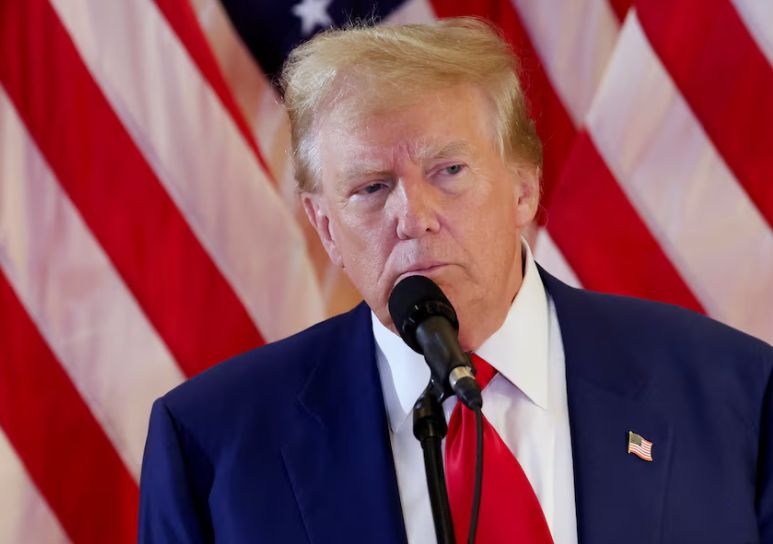The United States has introduced a new $250 “visa integrity fee” for all nonimmigrant visa holders, a sweeping measure signed into law on July 4, 2025, President Donald Trump’s One Big Beautiful Bill Act.
The non-waivable, non-reducible fee applies to tourists, students, business visitors, and temporary workers alike, creating new legal and economic debates over its fairness and long-term impact.
Legal and Policy Framework
The provision, codified within the immigration and visa sections of the Act, represents one of the most significant fee increases in U.S. visa law in decades.
Unlike existing visa application charges, the $250 fee is mandatory for every nonimmigrant applicant and is imposed regardless of nationality, purpose of travel, or length of stay.
Congressional sponsors described it as a revenue mechanism to fund “visa system integrity and enforcement,” while critics have raised constitutional and policy challenges over proportionality, disparate impact, and administrative feasibility.
Although the legislation describes the fee as refundable once visas expire, legal analysts have flagged that most U.S. visas are issued for up to ten years. Refunds would therefore require applicants to wait a decade to reclaim funds—if at all—raising questions of enforceability and due process under administrative law.
Immigration attorneys suggest the fee could be vulnerable to litigation under the Administrative Procedure Act (APA), particularly if refund procedures prove inaccessible.
Economic Fallout

Industry groups warn the measure could discourage nearly one million trips annually, costing the U.S. economy an estimated $9.4 billion in visitor spending, $1.3 billion in tax revenue, and 15,000 jobs over three years.
The Congressional Budget Office projects $27 billion in revenue over a decade, but experts argue this narrow analysis ignores broader economic consequences, including weakened U.S. competitiveness in global tourism and education.
The World Travel & Tourism Council has already cautioned that the U.S. risks becoming the only major economy to record a decline in international visitor spending in 2025—a striking warning as the country prepares to host the Olympics and FIFA World Cup.
Disproportionate Impact on African Travellers
The policy has provoked global backlash, particularly across Africa, where travel costs are already high and visa barriers steep. Students from African nations face layered financial requirements: visa application fees, SEVIS charges for academic programs, and proof-of-funds obligations.
Legal scholars warn the new integrity fee could amount to discriminatory impact, disproportionately discouraging African applicants from pursuing education and business opportunities in the U.S.
Comparative immigration law experts note that while travellers from Europe, Japan, and Australia enjoy visa-free entry under longstanding reciprocal agreements, African applicants must shoulder the heaviest financial burden, a dynamic likely to strain U.S.–Africa diplomatic, academic, and commercial ties.
Competitive Pressures
Analysts predict that Canada, the UK, and China—countries actively expanding international student recruitment and business travel programs—may benefit as travellers redirect their plans.
With the U.S. traditionally the leading destination for African students and entrepreneurs, legal observers argue the integrity fee risks undermining decades of soft power cultivated through educational exchange programs.
Looking Ahead
Litigation challenging the measure’s legality appears likely, particularly from civil rights and immigration advocacy groups concerned about disparate impact and due process violations.
In the meantime, immigration practitioners are advising clients to budget for the additional $250 charge, which is mandatory and non-waivable at the point of application.

